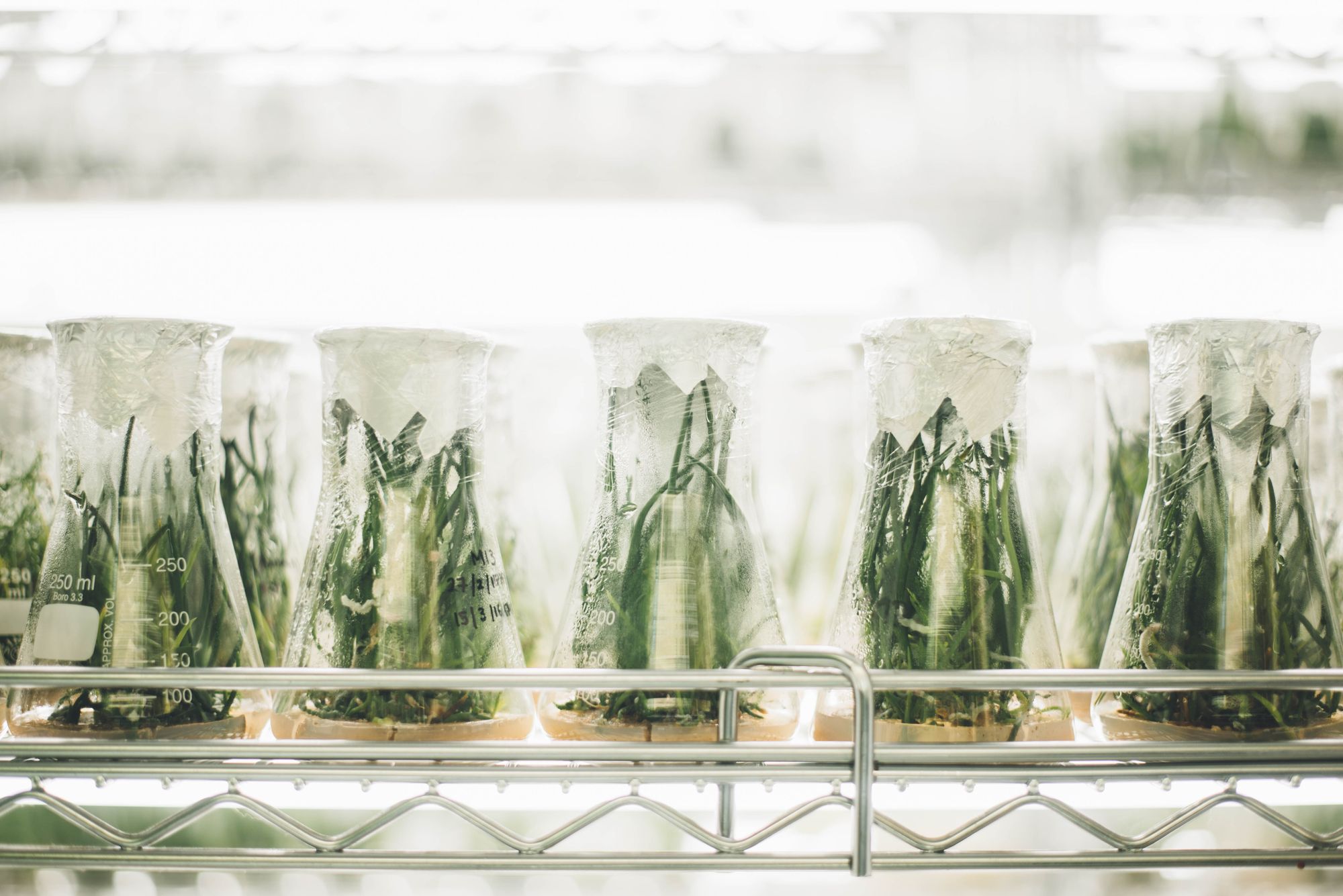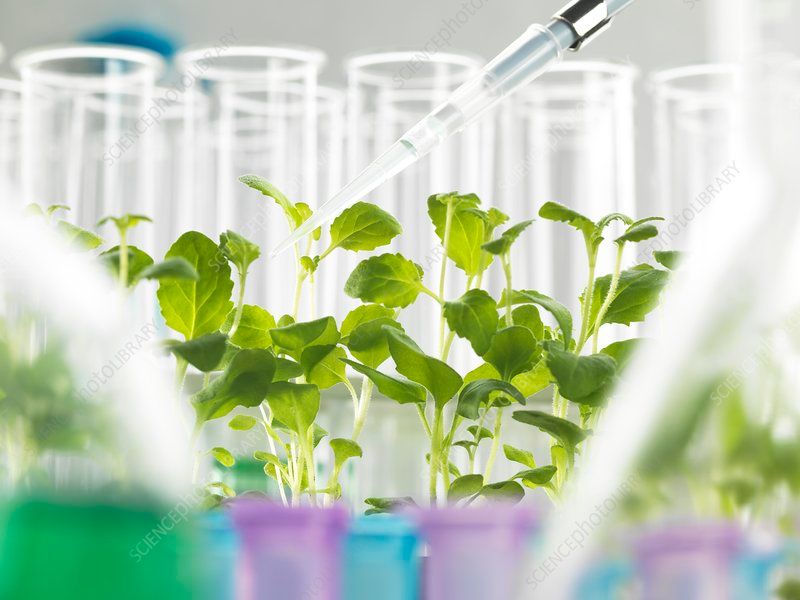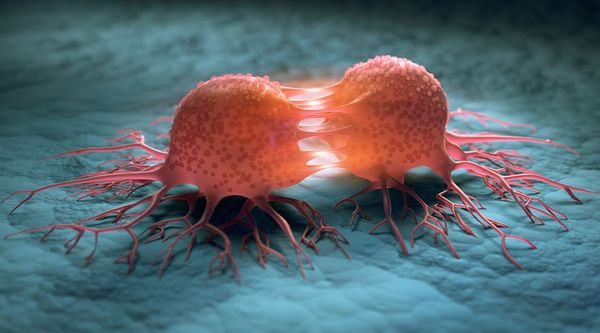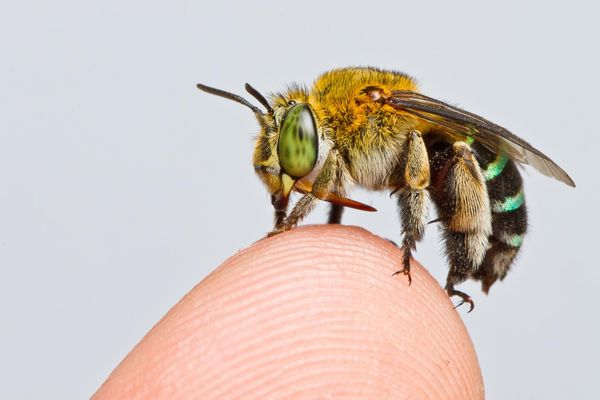Plant-Powered Immunotherapy Revolutionizing Leukemia Treatment

Immunotherapies: an effective Leukemia treatment option
In the challenging landscape of leukemia treatment, acute and chronic myelomonocytic leukemia (AML M4/5 and CMML) present hurdles, especially for older patients. With a scant two-year survival period, standard treatments pose risks, and effective immunotherapies for CMML/AML M4/5 are lacking. However, potential breakthroughs lie in targeting CD64 and CD89 surface antigens with antibody-based treatments.
Conventional methods are costly
Immunotherapeutics accounted for a €110 billion market for antibodies in 2017, boasting over 130 approved products and more than 20 new ones in the last several years. Antibody-drug conjugates (ADCs) and Recombinant Immunotoxins (RITs) combine the precision of monoclonal antibodies (mAbs) targeting tumor cell surfaces with the potency of anti-cancer drugs.
Creating antibody-drug conjugates (ADCs) is a challenging task involving multiple steps, including using cells like Chinese hamster cells (CHOs) to produce a monoclonal antibody and chemical synthesis for the drug. This complex process requires separate purification steps for the antibody and drug, which are then combined to form an ADC. RITs simplify production by uniting the selectivity powerhouse (usually a mAb) and toxin as a single fusion protein. Although RITs can be made in bacteria, it is a time-consuming, low-recovery process often lacking the capability for essential post-translational modifications (PTMs) crucial for mAb folding, stability, and activity.
Why plants?
Plants, especially species like Nicotiana benthamiana used in this project enable the efficient production of recombinant proteins, with reported levels of up to ~6 g kg−1 wet plant biomass. The process is speedy and scalable with transient expression taking less than two months. And obviously, plants are safe and sustainable. Although there are differences in glycosylation patterns between plants and humans, these distinctions do not seem to pose health risks in clinical trials, and the plant glycosylation machinery can be tailored or "humanized" if necessary.
The science behind it
This expert team of researchers at the University of Natural Resources and Life Sciences, Vienna, opts for a more streamlined approach using plants. They introduced a plant-based method for producing recombinant immunotoxins (RITs) Using Nicotiana benthamiana and N. tabacum plants as well as tobacco BY-2 cell-based plant cell packs (PCPs) to produce effective RITs targeting CD64 as required for the treatment of myelomonocytic leukemia.
These RITs, comprising a targeting protein linked to a toxin designed to eliminate cancer cells or viruses, are created in a single integrated process, bypassing the intricate multistep procedures associated with traditional ADC production.
reference: https://doi.org/10.1080/21655979.2023.2244235




